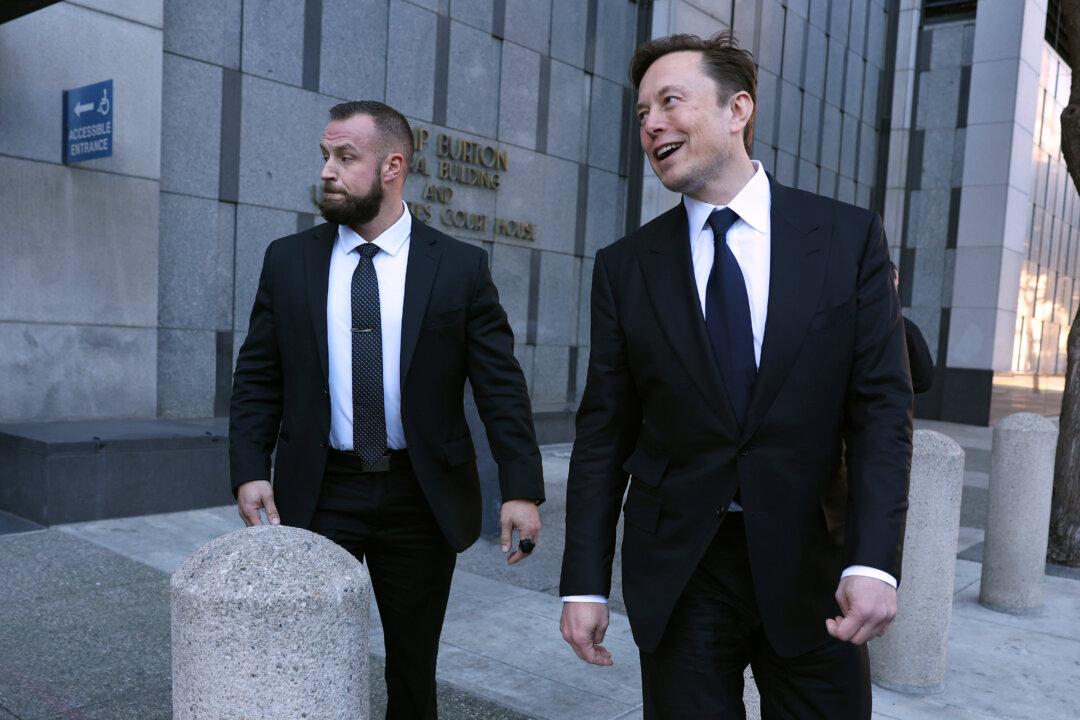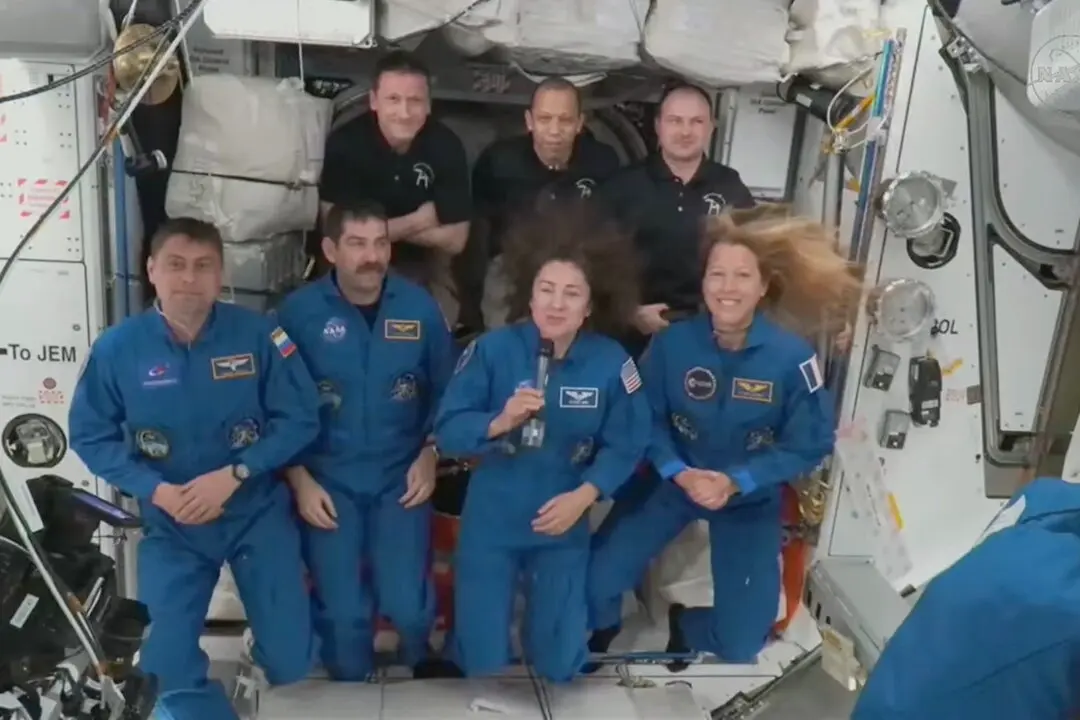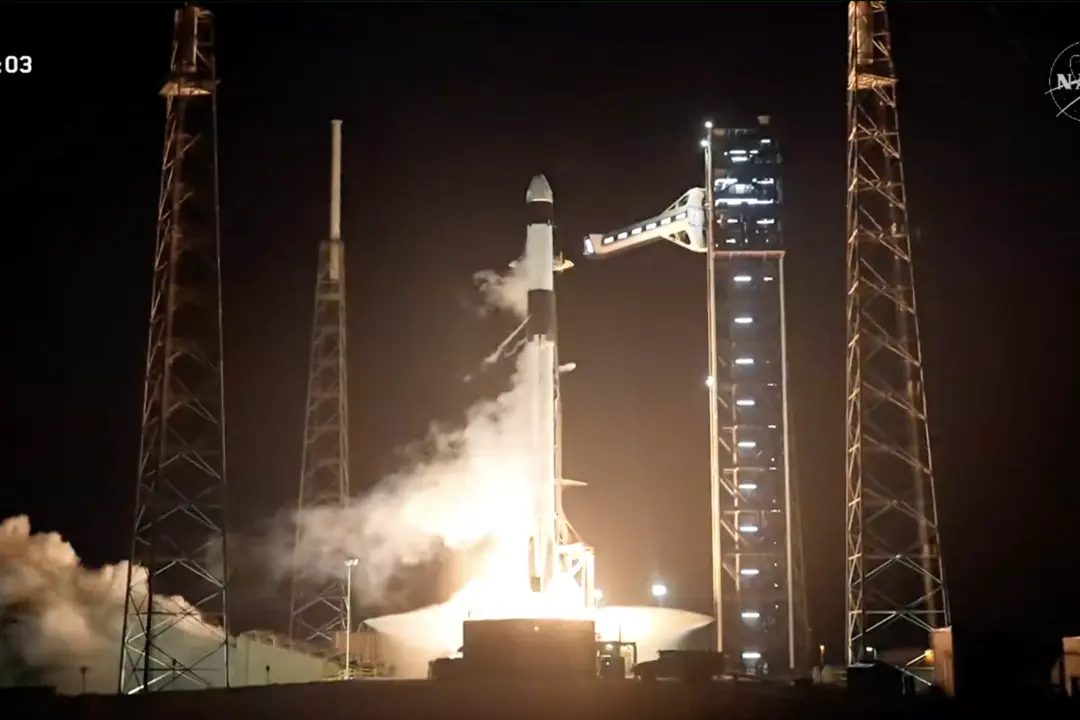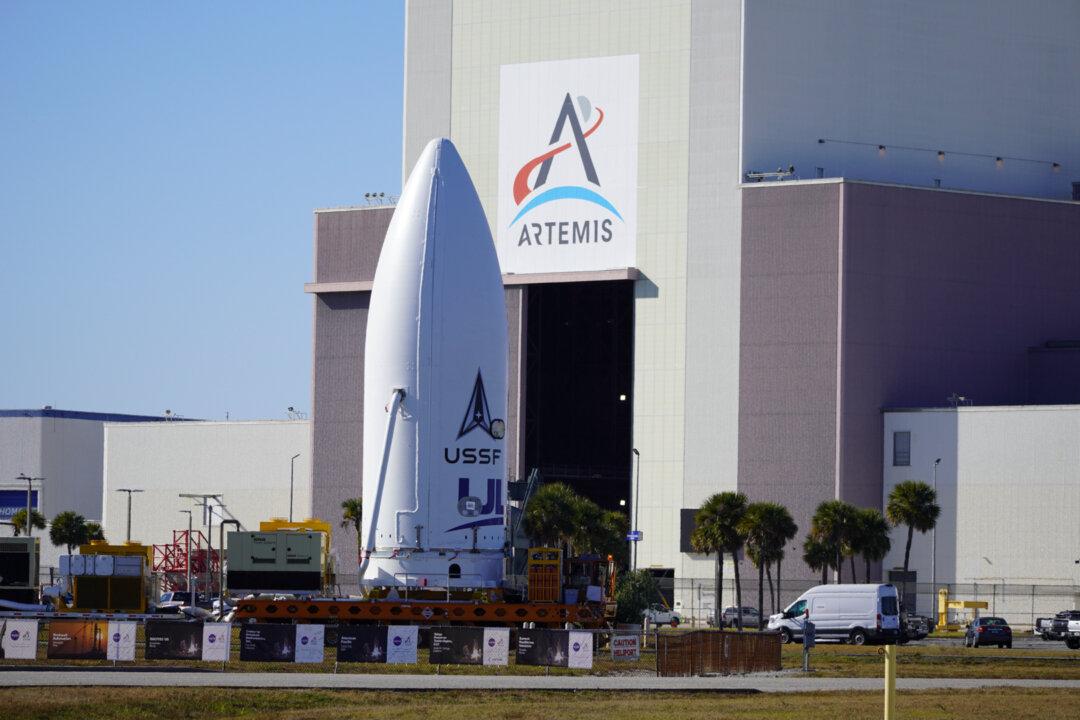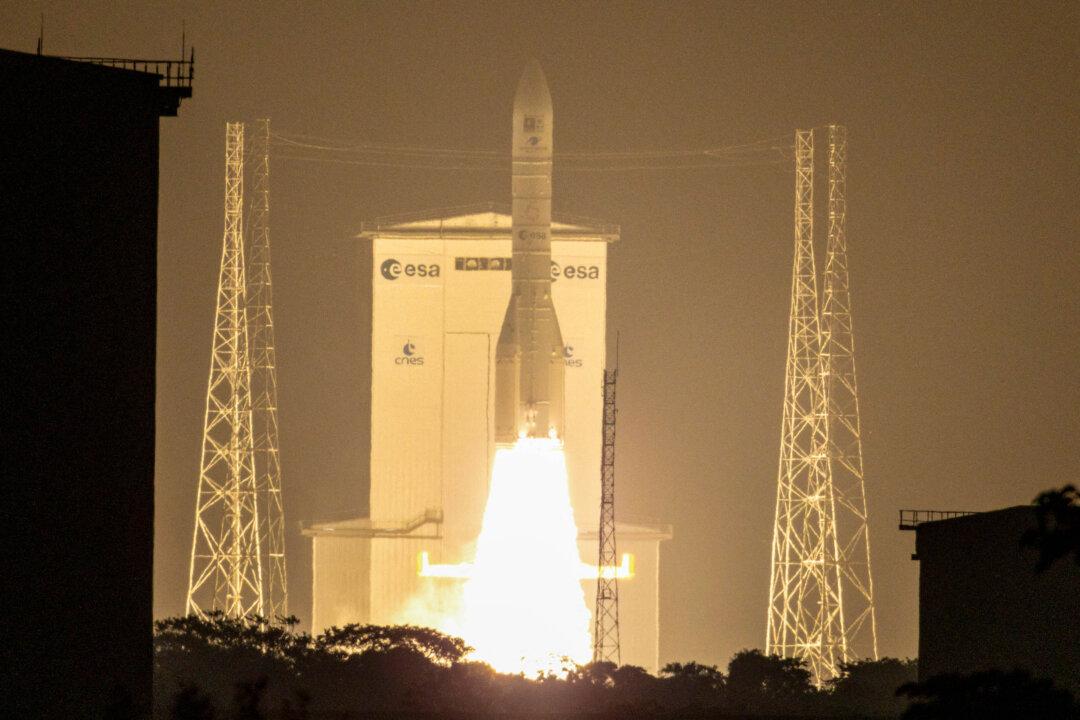Bystanders cheered as Elon Musk’s supersized, stainless steel SpaceX Starship roared into the sky from Boca Chica Beach, Texas, on April 20.
Almost two minutes later, as the unmanned craft—designed to transport people and cargo to the moon and Mars—disappeared in a fireball, they cheered just as enthusiastically.
